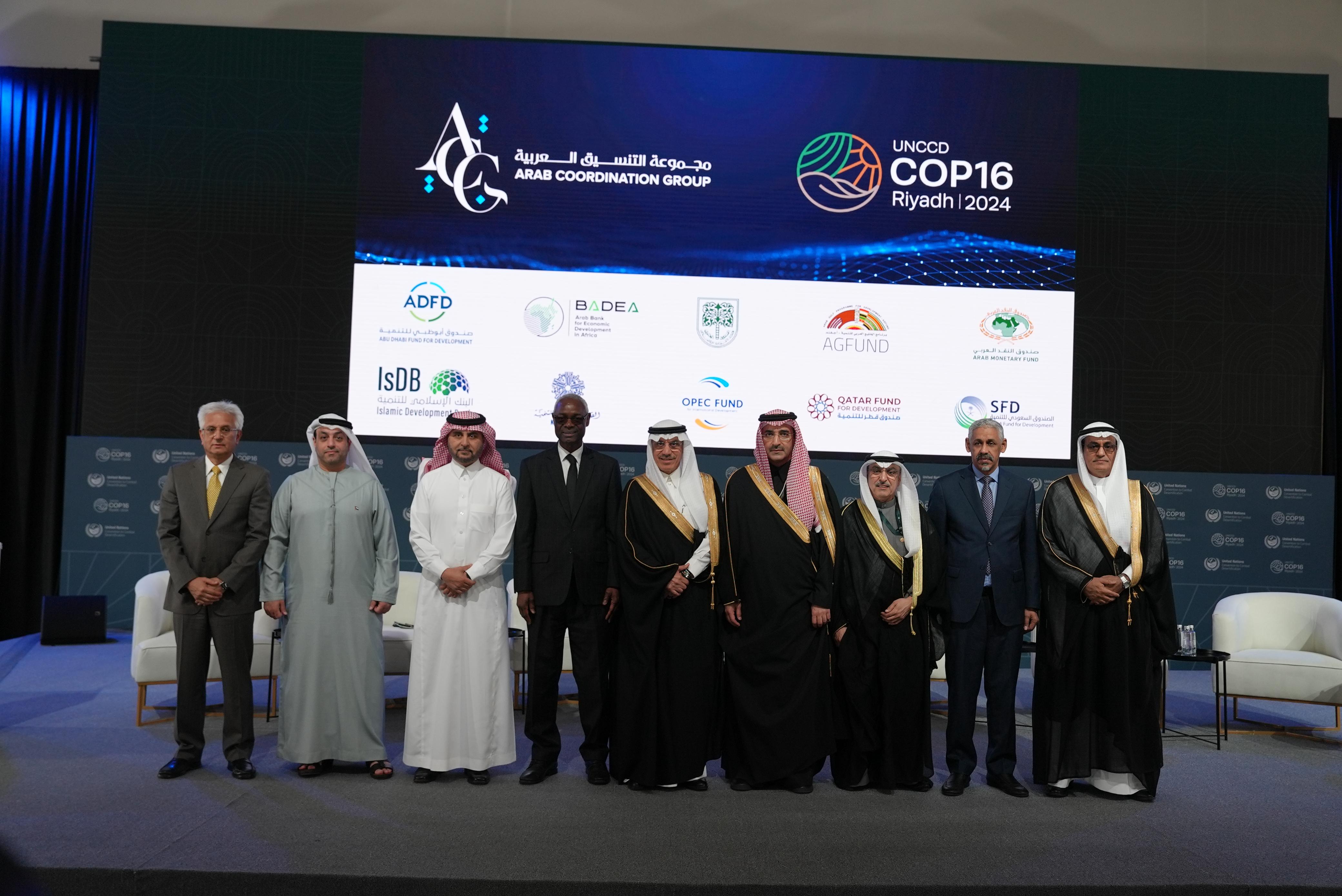Arab Coordination Group Commits $10 Billion to Combat Desertification by 2030
Hyphen Web Desk

The ACG's initiative aims to drive land restoration efforts, enhance climate resilience, and promote nature-positive development across vulnerable regions, particularly in the Middle East, North Africa, and the Sahel. The group plans to leverage innovative financing instruments, mobilize resources, and strengthen partnerships to support sustainable land management, biodiversity conservation, and food security.
Dr. Muhammad Al Jasser, Chairman of the Islamic Development Bank Group, speaking on behalf of the ACG, emphasized the transformative potential of these investments, stating, "Through land restoration, combating desertification, and addressing drought, we aim to enhance resilience in the world's most vulnerable communities."
The OPEC Fund for International Development, a member of the ACG, has pledged $1 billion to support the Riyadh Global Drought Resilience Partnership. OPEC Fund President Abdulhamid Alkhalifa remarked, "We believe in the transformative power of investments that not only mitigate land degradation but also unlock co-benefits."
This commitment builds upon previous pledges by the ACG, including a $50 billion commitment made in Riyadh in November 2023 to build resilient infrastructure and inclusive societies in Africa, a $24 billion pledge for climate finance at COP27 in November 2022, and a $10 billion Food Security Action Package announced in June 2022.
The UNCCD's latest report indicates that at least $2.6 trillion in investment is needed by 2030 to restore over one billion hectares of degraded land and build resilience to drought. The report also highlights a significant funding gap, noting that private sector contributions account for just 6% of global funding for land restoration and drought resilience.
The COP16 summit in Riyadh, themed "Our Land. Our Future," brought together nearly 200 countries to develop strategies for soil protection and restoration. Despite significant financial pledges, the summit concluded without reaching a legally binding agreement on tackling drought, with deliberations postponed to the next conference in Mongolia in 2026.
Saudi Arabia's leadership in advancing global environmental initiatives, including the Saudi and Middle East Green Initiatives and the G20 Global Land Initiative, has been acknowledged by the ACG. These programs serve as benchmarks for global collaboration and underscore the importance of coordinated efforts to enhance land restoration and climate adaptation.
The ACG comprises the Abu Dhabi Fund for Development, the Arab Bank for Economic Development in Africa, the Arab Fund for Economic and Social Development, the Arab Gulf Programme for Development, the Arab Monetary Fund, the Islamic Development Bank, the Kuwait Fund for Arab Economic Development, the OPEC Fund for International Development, the Qatar Fund for Development, and the Saudi Fund for Development.
The group's commitment reflects a shared determination to address some of the most pressing environmental challenges of our time. By restoring degraded lands and combating desertification, the ACG aims to preserve ecosystems, secure livelihoods, and foster resilience in vulnerable communities worldwide.
The Riyadh Global Drought Resilience Partnership, launched during the summit, received pledges totaling over $12 billion, including contributions from the OPEC Fund and the Islamic Development Bank. Saudi Arabia provided $150 million to kickstart the initiative, which aims to help 80 vulnerable countries enhance their resilience to drought.
Labels:
#Syndication
Share:
